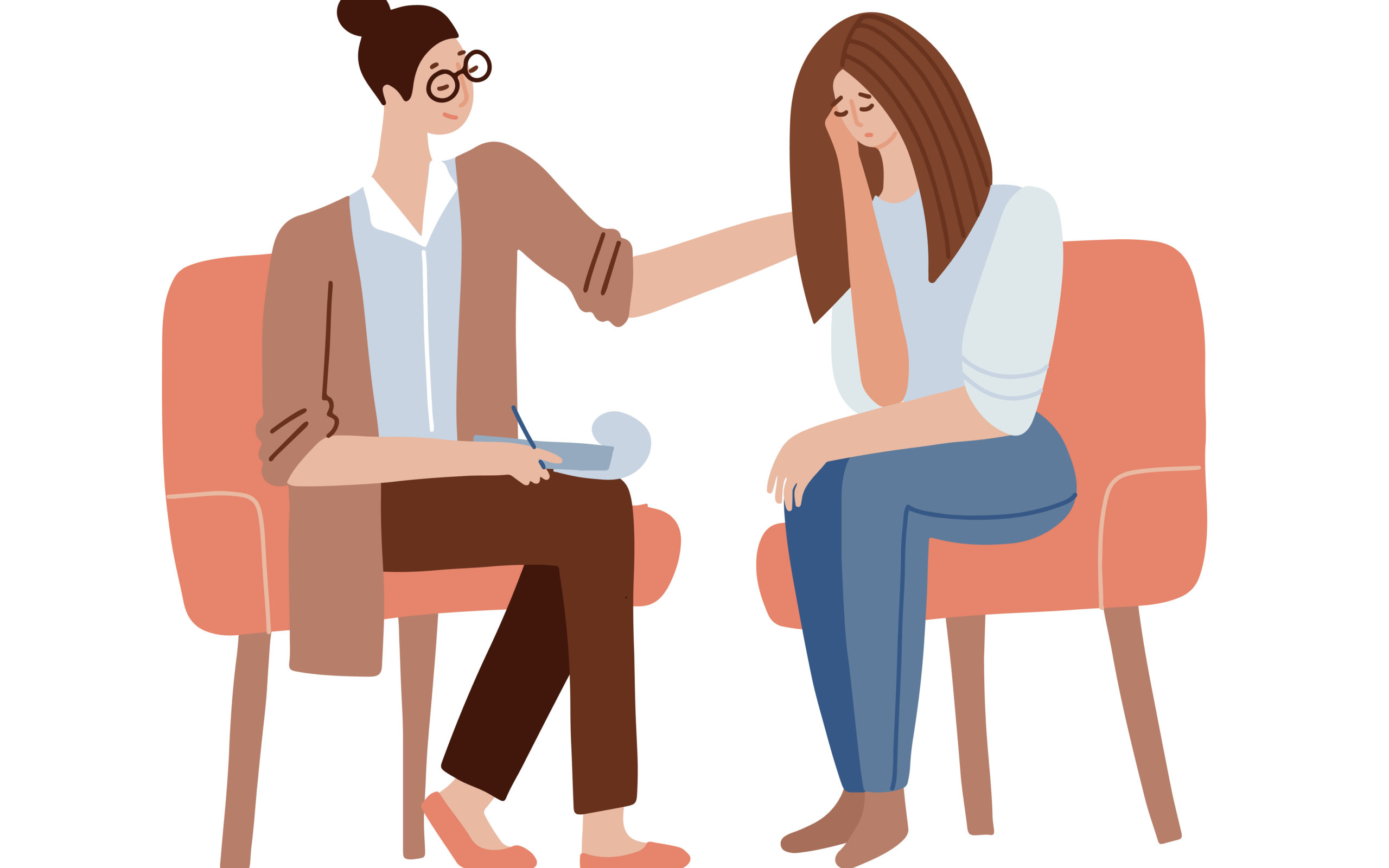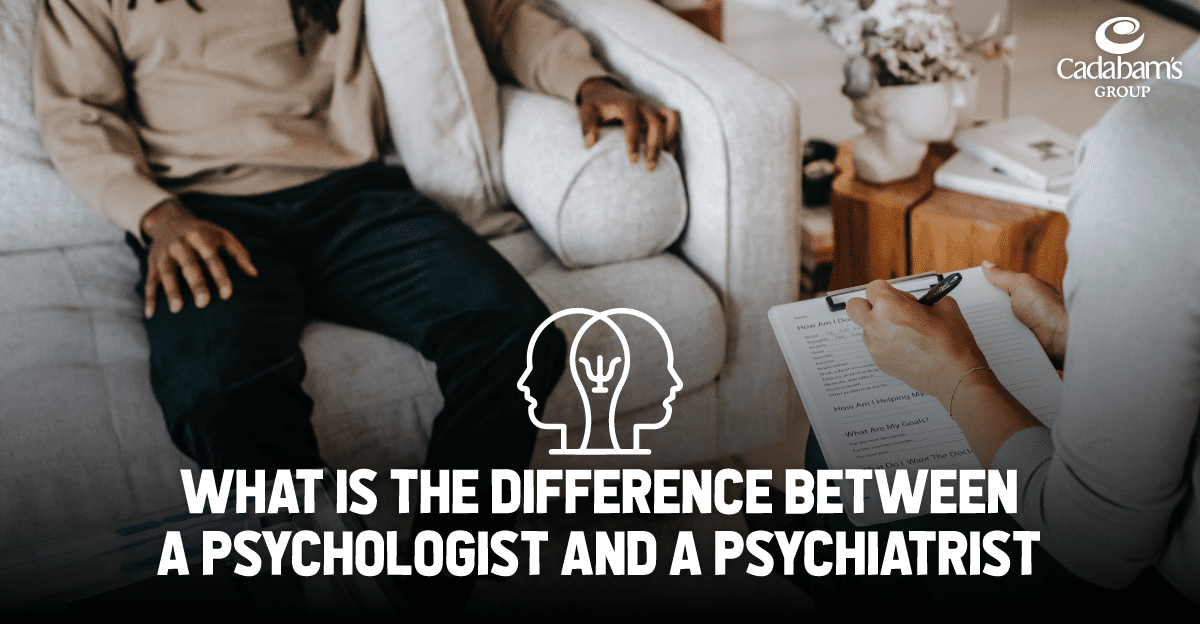Psych Treatment: A Comprehensive Overview to Techniques and End Results

Cognitive-Behavioral Therapy
Cognitive-Behavioral Therapy (CBT) is an extensively made use of psychotherapeutic approach that concentrates on identifying and changing inefficient thinking and actions patterns. Established in the 1960s by Aaron T. Beck, CBT integrates behavior and cognitive concepts to attend to various mental wellness issues, consisting of anxiety, stress and anxiety, and stress-related disorders. The premise of CBT is that maladaptive ideas add to psychological distress and maladaptive actions. By reorganizing these ideas, individuals can attain considerable renovations in their emotional health and day-to-day performance.
Methods such as cognitive restructuring, direct exposure therapy, and skill-building exercises are generally used. Cognitive restructuring includes challenging and altering unfavorable idea patterns, while exposure treatment aims to decrease worry and anxiety with steady exposure to been afraid scenarios or objects.
Evidence-based research supports the efficiency of CBT for a wide variety of emotional disorders - Best Psychologist in Delhi. Its emphasis on skill procurement and self-help methods encourages clients to continue progression independently after therapy concludes. The flexibility and effectiveness of CBT have made it a foundation in contemporary psychotherapeutic practice
Psychodynamic Techniques
Rooted in the early concepts of Sigmund Freud, psychodynamic strategies concentrate on exploring the unconscious mind and its influence on behavior and emotions. These techniques aim to uncover hidden ideas and feelings that might be driving maladaptive actions and emotional distress. Central to this approach is the concept of internal conflict, typically coming from unresolved previous experiences, specifically those from childhood.
Therapists making use of psychodynamic strategies utilize numerous key methods, including totally free association, where individuals are urged to speak easily to expose unconscious product, and dream evaluation, which analyzes the unrealized content of dreams. Additionally, the expedition of transference and countertransference characteristics within the restorative connection is essential. These interactions can offer insights into the person's internal globe and relational patterns.
Psychodynamic therapy is normally longer-term contrasted to various other techniques, using a extensive and deep understanding of the person's psyche. Research indicates that it can be specifically effective for complex mental health and wellness concerns, such as character problems and persistent clinical depression. By cultivating self-awareness and emotional insight, psychodynamic therapy seeks to bring subconscious material to consciousness, making it possible for people to achieve lasting and meaningful modification in their lives.
Humanistic Techniques
Structure on the structures laid by psychodynamic techniques, humanistic techniques use a distinct point of view concentrated on individual possible and self-actualization. Coming from the mid-20th century, these strategies prioritize the inherent goodness and growth capacity of people, stressing a holistic sight of human experience. Trick figures such as Carl Rogers and Abraham Maslow have actually dramatically affected this therapeutic technique, which encompasses approaches like client-centered therapy and Gestalt therapy.
Client-centered treatment, created by Rogers, plays a pivotal role in humanistic techniques. The therapist's duty is more of a facilitator than an authority, urging clients to harness their internal sources for healing.
Gestalt therapy, another essential humanistic method, stresses existing minute awareness and the assimilation of body and mind. By concentrating on the "here and now," customers gain better insight into their current emotions and behaviors. Methods such as role-playing and directed visualization are often used to assist customers obtain a deeper understanding of themselves, inevitably leading to improved self-awareness and gratification.
Integrative Therapies
Integrative treatments stand for a synthesis of numerous therapeutic methods customized to satisfy the special needs pop over to this web-site of each customer. This technique acknowledges the complexity of human psychology and the diverse nature of psychological wellness concerns. By incorporating components from different schools of psychotherapy-- such as cognitive-behavioral treatment (CBT), psychodynamic treatment, and humanistic strategies-- integrative treatments use a more adaptable and alternative treatment paradigm.
Experts of integrative treatment evaluate each customer's specific demands, signs, and individual history to devise a customized therapy strategy. This individualized method boosts the capacity for therapeutic success by resolving the root creates of get more mental distress and advertising total health. Techniques might include mindfulness exercises, cognitive restructuring, and psychological processing, each selected to target different facets of the client's concerns.
Moreover, integrative treatments stress the restorative relationship, seeing the client-therapist bond as an important part of reliable treatment. This partnership cultivates a helpful environment where customers feel safe to check out and resolve their concerns. The flexibility of integrative treatments makes them ideal for a wide array of conditions, including stress and anxiety, clinical depression, injury, and social problems, thus boosting their applicability and effectiveness in varied scientific settings.

Measuring Treatment Outcomes
Evaluating the performance of psychotherapy is vital for both clients and clinicians to make certain that the therapy is producing the wanted results. To achieve this, various methods and devices are used to determine treatment outcomes methodically. Standardized evaluation instruments, such as the Beck Depression Supply (BDI) and the Generalized Anxiousness Disorder 7 (GAD-7), give measurable information on sign extent and adjustments in time.
Along with standardized devices, qualitative methods like customer self-reports and medical meetings offer important understandings right into the personal experiences and viewed development of clients. Consistently scheduled assessments, usually at the start, midpoint, and end of therapy, help in tracking the trajectory of improvement or determining locations requiring change.
Outcome dimension is not limited to sign decrease; it likewise includes useful enhancements in day-to-day live, such as better interpersonal relationships, raised job performance, and improved total well-being. Modern innovations in digital health and wellness have actually presented mobile applications and on the internet systems that promote real-time surveillance and comments, even more improving the assessment procedure.
Inevitably, an extensive strategy to determining treatment end results makes certain that healing interventions are effective, reliable, and tailored to meet the specific demands of customers, thus maximizing the overall healing experience.
Verdict
Humanistic techniques focus on individual growth and self-actualization, while integrative treatments combine numerous techniques for tailored treatment strategies. Evaluating treatment outcomes with qualitative methods more and standard analyses makes certain a detailed understanding of performance, inevitably guiding customers toward withstanding psychological health renovations.
From the organized approach of Cognitive-Behavioral Therapy (CBT) to the deep expedition of the unconscious in psychodynamic treatment, each method brings special benefits. Its focus on ability acquisition and self-help methods encourages clients to continue development independently after therapy concludes (Best Psychologist in Delhi). Secret figures such as Carl Rogers and Abraham Maslow have actually considerably influenced this healing method, which encompasses techniques like client-centered treatment and Gestalt therapy
